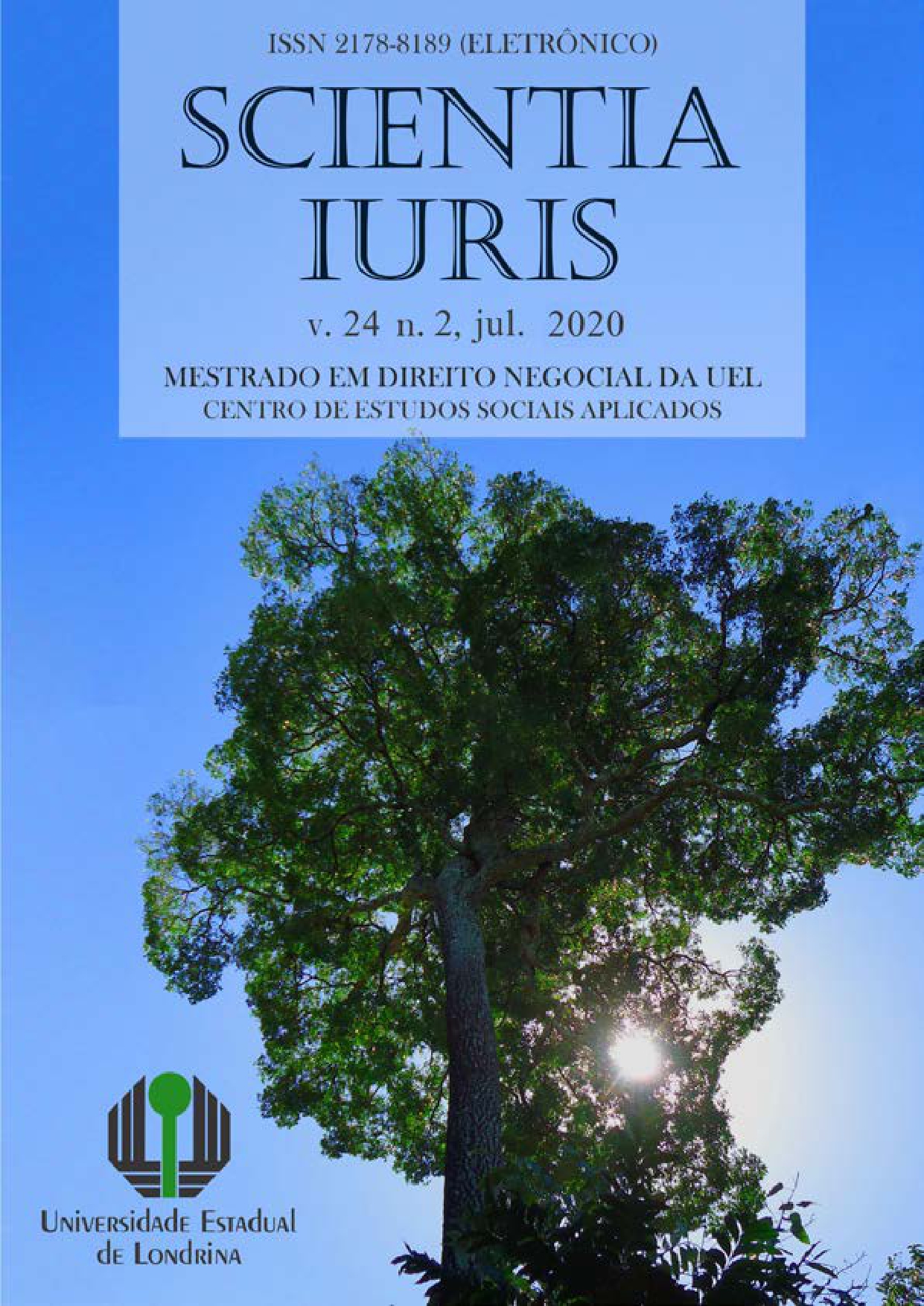Fintechs: innovation, reduction of transaction costs, efficiency and economic analysis of law
DOI:
https://doi.org/10.5433/2178-8189.2020v24n2p25Keywords:
Fintechs, Economic Analysis of Law, Transaction Costs.Abstract
From a legal and economic perspective of law, this article examines fintech companies, which are entrepreneurial entities, usually startups, that operate in the financial market. This paper's overall objective is to demonstrate the interaction between these companies and the economic analysis of law. Its specific objective is to demonstrate the usefulness of fintech companies in reducing transaction costs for administrators, from the perspective of the Economic Analysis of Law. In this context, this paper tries to answer the following problem: how do fintech companies contribute to the reduction of transaction costs? Therefore, allowing for more efficient and faster financial operations and/or transactions. In order to answer this question, this research utilizes the methodology of applied research, with exploratory research, from a qualitative approach, with the inductive method, and bibliographic research specialized on the subject-matter.Downloads
Download data is not yet available.
Downloads
Published
2020-07-31
How to Cite
Avelino Lana, H., & Cruz, L. V. (2020). Fintechs: innovation, reduction of transaction costs, efficiency and economic analysis of law. Scientia Iuris, 24(2), 25–46. https://doi.org/10.5433/2178-8189.2020v24n2p25
Issue
Section
Artigos
License
Copyright (c) 2020 Scientia Iuris

This work is licensed under a Creative Commons Attribution 4.0 International License.
The journal reserves the right to modify, in the original text of the submitted article, normative, spelling and grammatical mistakes in order to maintain the cultured standard of language and the credibility of the journal. The journal will respect the authors' writing style. Changes, corrections or suggestions of conceptual order will be sent to the authors, when necessary. In such cases, the articles will be re-examined. The final exams will not be sent to the authors. The published works become the property of the journal, in other words, its total or partial reprinting is subject to the express authorization of the journal. In all subsequent citations, the original source of publication shall be cited and in the case of Photographic Speeches, shall be approved by the original author. The opinions expressed by the authors of the journal's articles are of their sole responsibility.

















